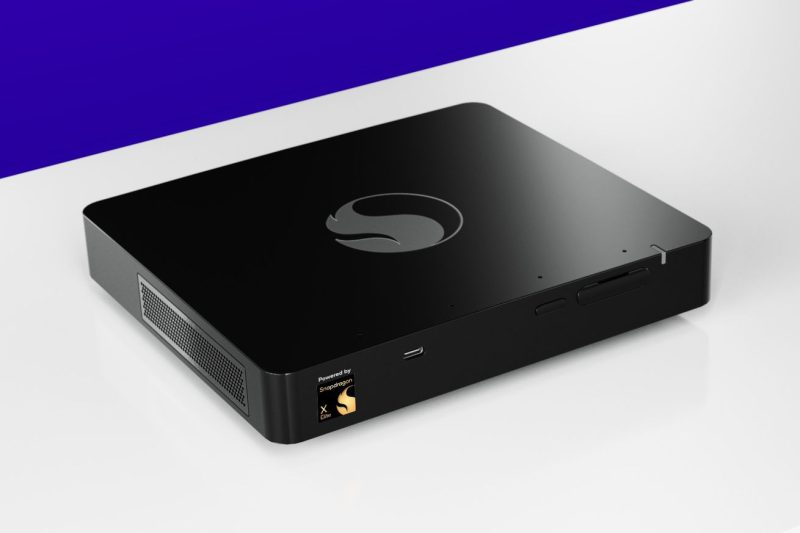
Breaking News: Qualcomm pulls the plug on mini Windows on Arm PC!
Qualcomm Cancels Its Miniature Windows on ARM PC
Qualcomm’s recent decision to cancel its plans for a miniature Windows on ARM PC has left many tech enthusiasts and consumers surprised. The project, which aimed to deliver a highly portable and efficient PC experience powered by Qualcomm Snapdragon processors, has been halted before it could come to fruition. This move raises questions about the future of ARM-based devices in the PC market and the challenges faced by manufacturers in delivering innovative products to consumers.
The cancellation of Qualcomm’s miniature Windows on ARM PC project could have far-reaching implications for the industry. With traditional PC manufacturers like Intel and AMD dominating the market, Qualcomm’s entry into the space was seen as a significant step towards diversifying the options available to consumers. The promise of a highly portable, long-lasting, and always-connected PC experience was enticing, especially in a world where mobility and connectivity are becoming increasingly important.
The decision to cancel the project raises concerns about the viability of ARM-based devices in the PC market. While ARM architecture has gained popularity in the mobile and embedded systems space, its adoption in traditional PCs has been limited. Qualcomm’s withdrawal from the miniature Windows on ARM PC project could signal a lack of confidence in the market potential of such devices. This move may also highlight the challenges faced by manufacturers in developing and marketing innovative products that can compete with established players in the industry.
One of the key reasons cited for the cancellation of the project is believed to be the lack of support from Microsoft. The absence of strong support from the software giant may have hindered Qualcomm’s efforts to bring the miniature Windows on ARM PC to market. Without a robust ecosystem of applications and tools optimized for ARM architecture, the appeal of such devices to consumers and developers may have been limited.
The cancellation of Qualcomm’s miniature Windows on ARM PC project serves as a reminder of the complex dynamics at play in the tech industry. While innovation and competition are crucial for driving progress and offering consumers a diverse range of products, they also come with risks and challenges. The failure of this project underscores the need for companies to carefully consider market trends, consumer preferences, and ecosystem support before investing in new ventures.
In conclusion, Qualcomm’s decision to cancel its miniature Windows on ARM PC project reflects the tough challenges faced by manufacturers in delivering innovative products to consumers. The move raises questions about the future of ARM-based devices in the PC market and highlights the importance of strong ecosystem support and market demand in driving the success of new ventures. While the cancellation may be disappointing for those who were eagerly anticipating the arrival of Qualcomm’s mini PC, it also serves as a valuable lesson in the complex interplay between technology, market dynamics, and consumer expectations in the tech industry.
